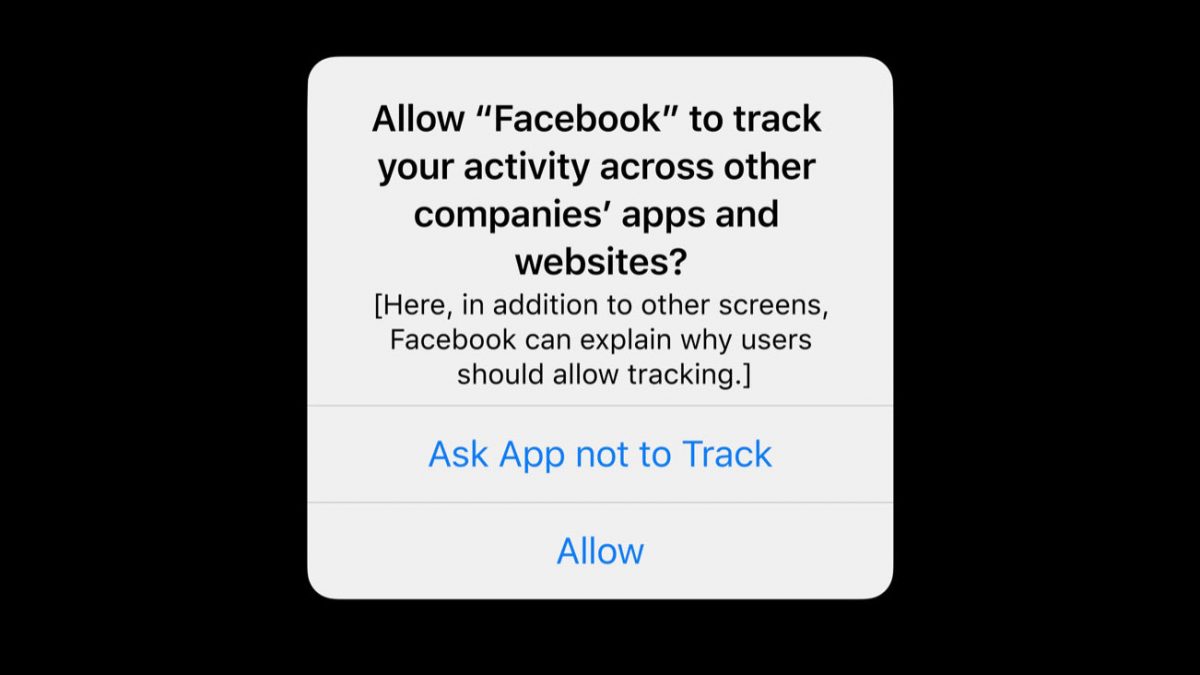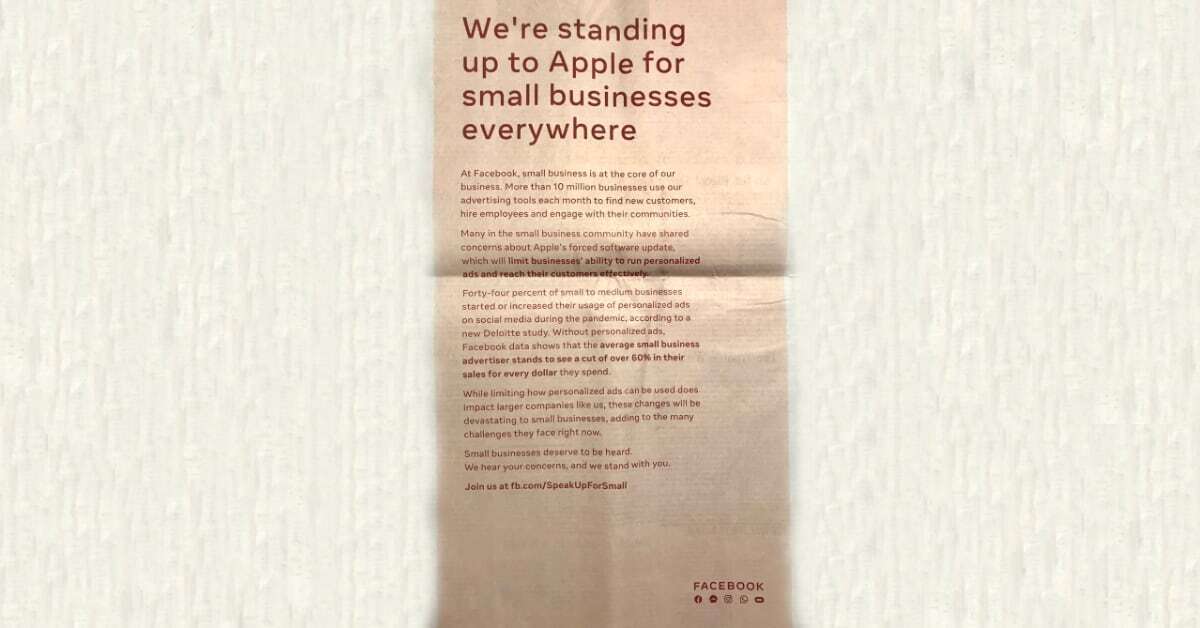Apple’s upcoming App Tracking Transparency iOS 14 privacy feature that aims to provide users with more control over their data has started appearing on some devices that have iOS 14.4 beta installed.
In June, Apple announced that its anti-tracking feature, App Tracking Transparency (ATT) would launch this year, but it was later pushed to 2021. The company’s delay received a ton of backlash from civil and human rights organizations, however, Apple clarified that it was delaying it only to give developers more time to prepare their apps for the update.

App Tracking Transparency privacy feature rolling out early for iOS 14.4 beta users
As spotted by MacRumors, many beta testers are now seeing a prompt that lets them decide whether apps should have access to their data and receive more personalized ads from companies or not.
The public build of iOS 14.4 is slated to release in February 2021. The Cupertino tech giant originally planned to introduce the anti-tracking feature in September this year, but it was delayed to give developers more time to prepare.
Apple has clarified that app developers would be required to show the ATT privacy prompt only when user data is shared on the third-party vendor’s servers. It explains it by saying, “When user or device data from your app is linked to third-party data solely on the user’s device and is not sent off the device in a way that can identify the user or device.”
The new iOS 14 privacy tracking feature has also received a ton of backlash from tech giants like Facebook. According to Facebook, the new feature would hurt small businesses, adding that the move is “more about profit than privacy.”
In a full-page newspaper ad, the social media giant said that Apple’s move would force small businesses to turn to subscriptions and other in-app payments for revenue. which would ultimately benefit Apple’s bottom line. In response, Apple maintained its stance that users deserve better control and transparency from companies.
“We welcome in-app advertising and are not prohibiting tracking. We’re simply requiring each app to obtain explicit user consent in order to track so that it will be more transparent and under user control.
Developers will still be able to track users with the IDFA and other means so long as they gain user consent.
In iOS 14 and iPadOS 14, when a user declines to consent to tracking, Apple will not provide the IDFA and will relay the users choice to the developer. Developers are responsible for making sure they’re complying with the user’s choice.”

Earlier this month, Apple started rolling out privacy nutrition labels on apps available on the App Store. The labels provide users with all the information the apps have access to, however, users cannot control what information they want to share.
Read Also:
11 comments
Comments are closed.